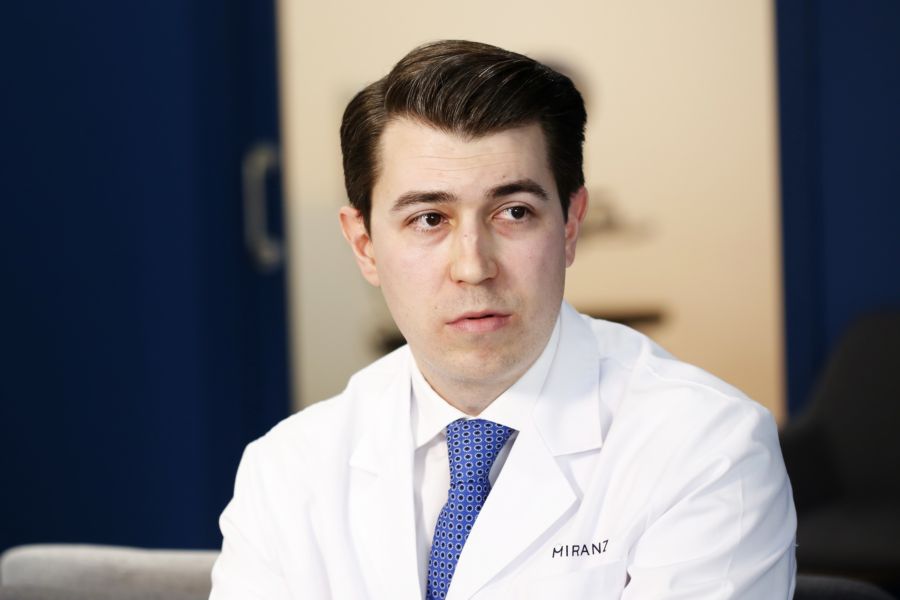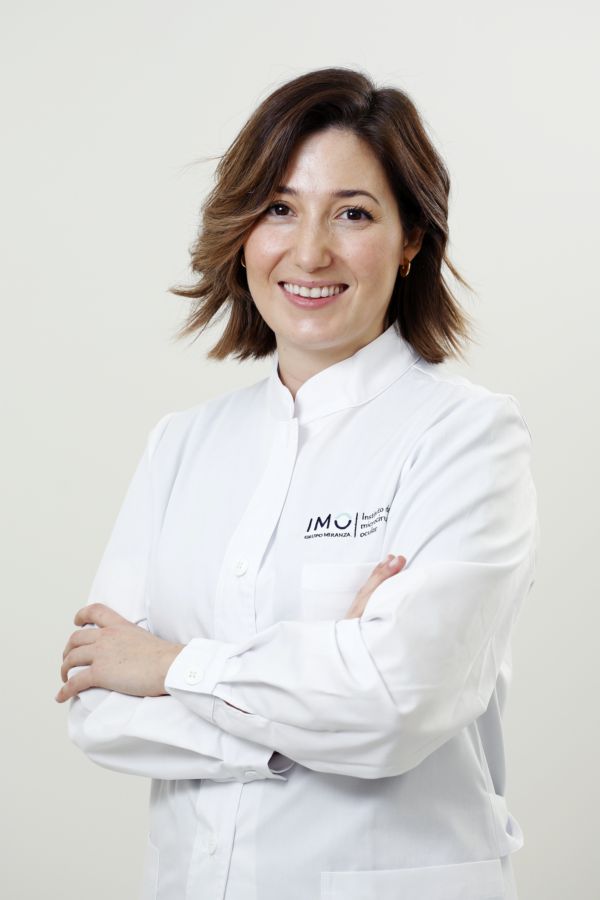Miranza Specialists and Harvard University Study Future Treatments for Serious Retinal Pathologies
Experts from Miranza are partnering with Harvard University’s Schepens Eye Research Institute (Boston, USA) on several scientific projects that seek to respond to some of the most serious ophthalmic conditions today. Specifically, they are analysing the anomalous growth of blood vessels (neovascularisation) and scarring processes that lead to blindness in different eye diseases. Their preliminary scientific conclusions have already been published in benchmark journals, such as Nature Scientific Reports, American Journal of Pathology and Ophthalmology Science.
The team of experts, comprising Dr Lucía González, a specialist in retinal and macular pathologies at IMO Grupo Miranza in Madrid, Dr Santiago Delgado, a cornea and cataract specialist from Miranza Madrid and Dr Jose María Ruiz Moreno, a vitreoretinal surgeon from IMO Grupo Miranza in Madrid, are studying the role of a new therapeutic target, the RUNX1 protein, as an important mediator of neovascularisation and ocular fibrosis. The specialists are looking into inhibiting the protein as a potential treatment for diseases, such as neovascularisation and corneal fibrosis, age-related macular degeneration (AMD), diabetic retinopathy and proliferative vitreoretinopathy.



Drops instead of injections in the eye to treat eye pathologies
The research team has also successfully formulated the RUNX1 inhibitor as a nanoemulsion, enabling its application as drops. This could allow many patients with eye diseases to do without eye injections and instead apply the eye drop treatment, thus significantly improving their quality of life.
The research by this multidisciplinary team has been presented in different lectures at Harvard University and at international congresses to promote these advances, which have already been published in leading scientific journals, such as Nature Scientific Reports, American Journal of Pathology and Ophthalmology Science, among others.
The aim of these works is to research and develop future therapies that can improve patient vision and quality of life.